Series Archive
The Best Short Story I Read This Month: “The Cock in Cadwalader Heights” by Ariel Delgado Dixon
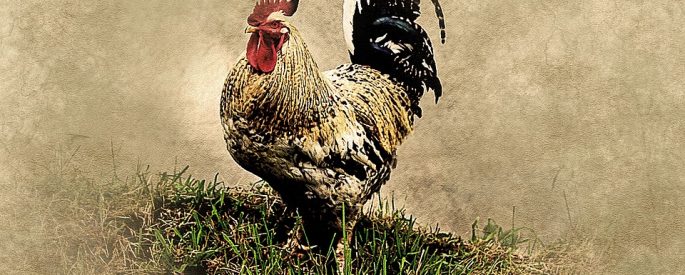
In the short story “The Cock in the Cadwalader Heights” from the Masters Review, Ariel Delgado Dixon uses subtle details throughout the narrative to show how eleven-year-old Madín is starting to view the world differently.
The Readers: Christian Lorentzen and the Nature of Hipness
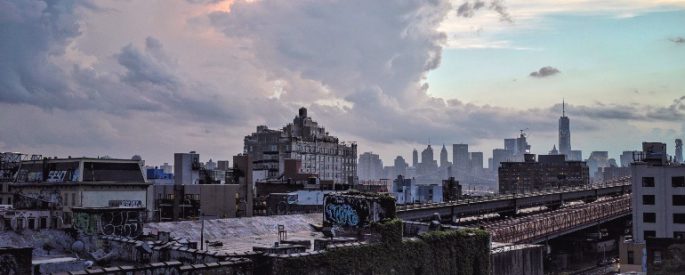
While hipness and ‘hipster-ness’ may not necessarily be the same thing, Lorentzen’s body of work has followed everything hip in the literary world with an anthropologist’s eye to ritual and an economist’s knowledge of market-driven systems.
The Limits and Freedoms of Literary Regionalism: The Cycle of Isolation in Sherwood Anderson’s Modernist Midwest
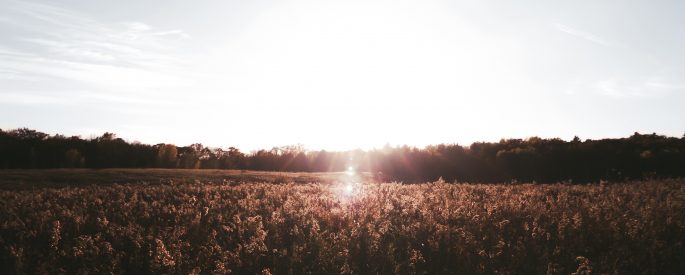
Loosely based on Anderson’s hometown Clyde, Ohio, Winesburg, Ohio contains twenty-two stories that reference each other―all highlighting specific characters who are bound by their shared feelings of loneliness. This cyclical, self-aware form of storytelling situates Winesburg as an early work of Modernist literature.
The Black Aesthetic: Love and War in Miguel’s “Told You So” and “Shockandawe”

Miguel's latest album War and Leisure is passionate and political. Although known for his sexy love ballads, War and Leisure is a subtle commentary on war and political violence in Trump’s America.
Indies Elsewhere: Eterna Cadencia

For more than ten years, Eterna Cadencia—a bookstore and publishing house in Buenos Aires—has set a high bar for independent publishing across the continent and serves as proof that independent publishing can be interesting and profitable.
Fiction Responding to Fiction: D.H. Lawrence and Raymond Carver
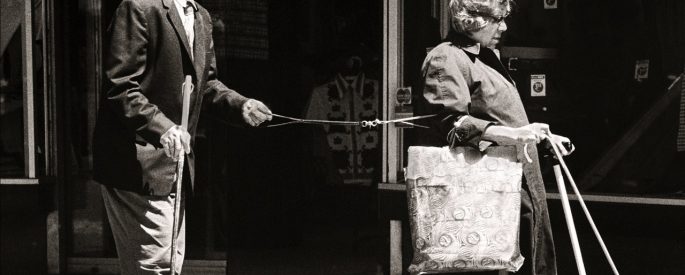
Raymond Carver insisted that his iconic masterpiece “Cathedral” was not based on a lesser-known D.H. Lawrence story entitled “The Blind Man,” and that he had not read the story prior to writing “Cathedral."
Confronting Our Environmental Apocalypse: Voltaire, General Awfulness and the Uses of Comedy
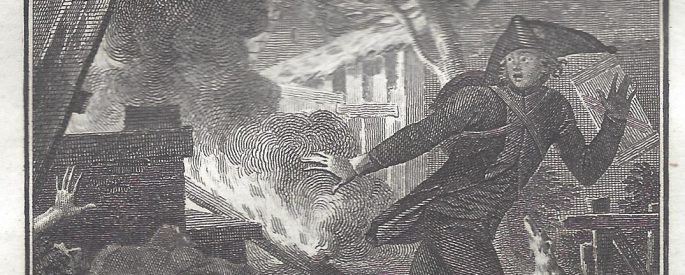
With the uptick in stronger storms, hotter forest fires, rising sea levels and more, I can’t help but think the tune we’ve been hearing for some time—that we can engineer a better world and outwit mother nature—might be a little overplayed.
Imagining the Anthropocene: Anne Carson’s “The Anthropology of Water”
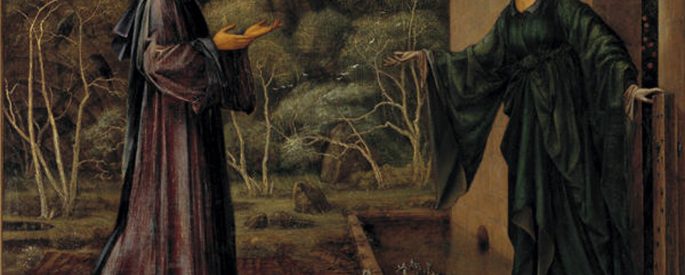
Along the course of a rugged pilgrimage, Carson’s defined formal structure enables the logical leaps that keep the speaker in a constant state of new encounter. As her mind’s constellated meanderings undercut the journey’s unceasing forward motion, “The Anthropology of Water” erodes assumptions of linear progress.
Big Picture, Small Picture: Context for Stephen King’s Salem’s Lot
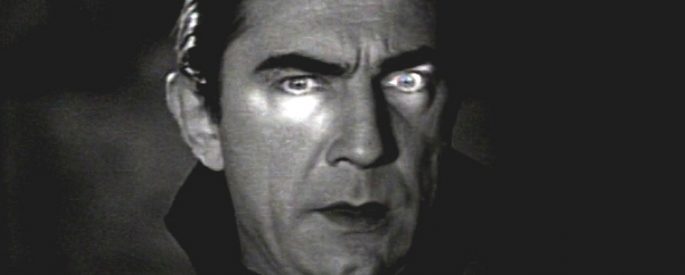
October 17, 1975. Salem’s Lot, King’s second novel is published. The story chronicles what happens in the titular, fictional hamlet in Maine when a centuries-old incubus named Kurt Barlow moves into a long-vacant mansion that the locals consider haunted.
The Black Aesthetic: Redemption and Rescue in Jacob Banks’ “Unholy War” and “Chainsmoking”
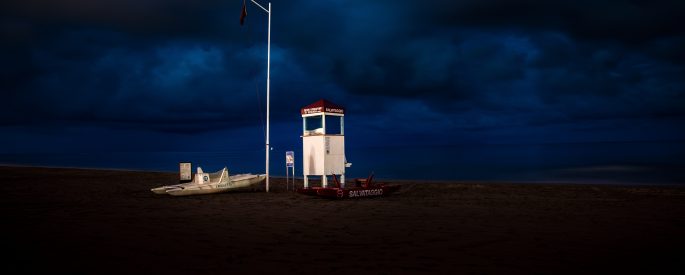
Jacob Banks’ latest EP The Boy Who Cried Freedom explores redemption and rescue.